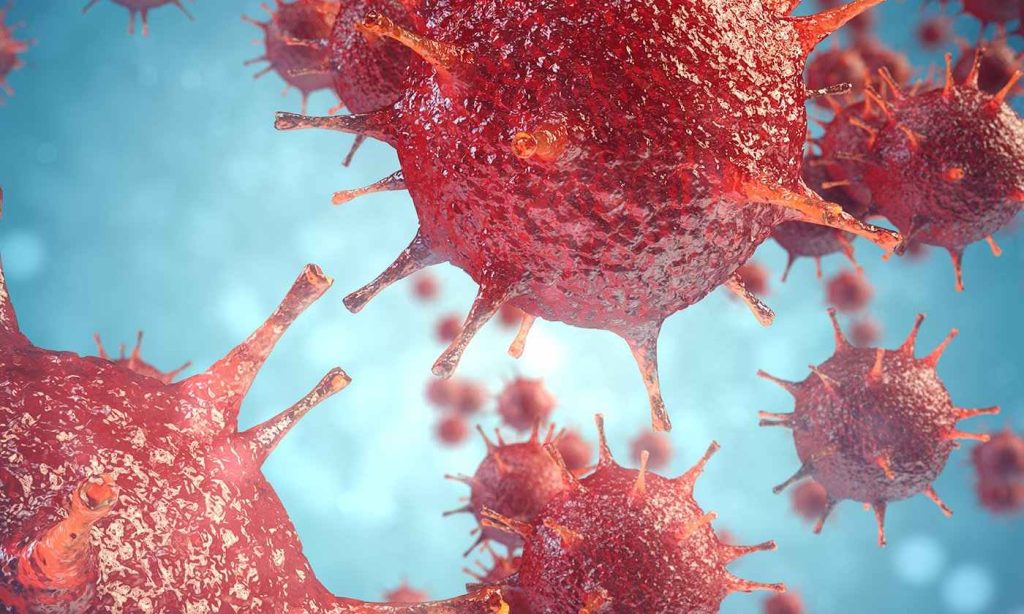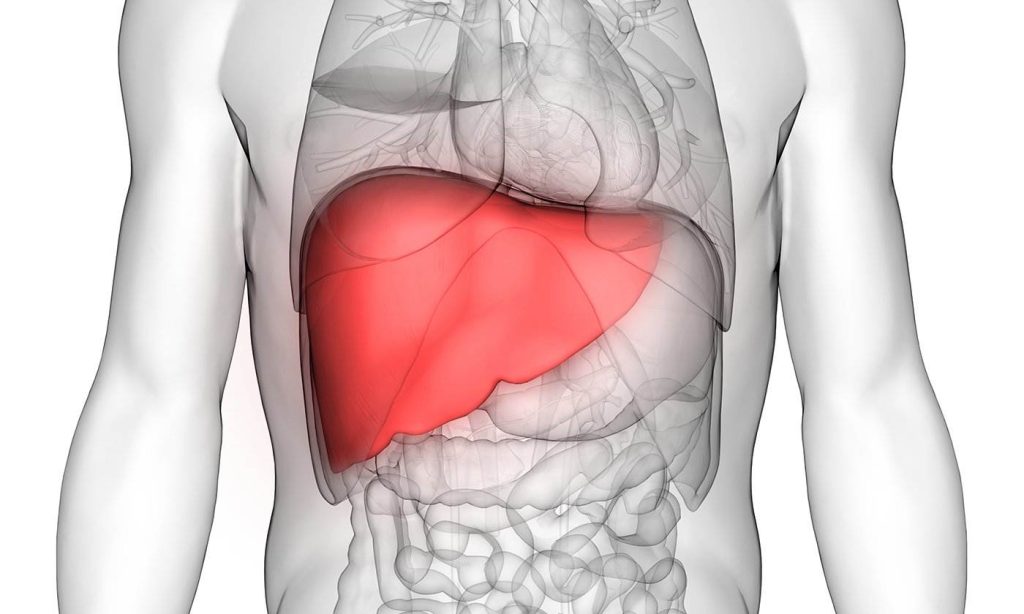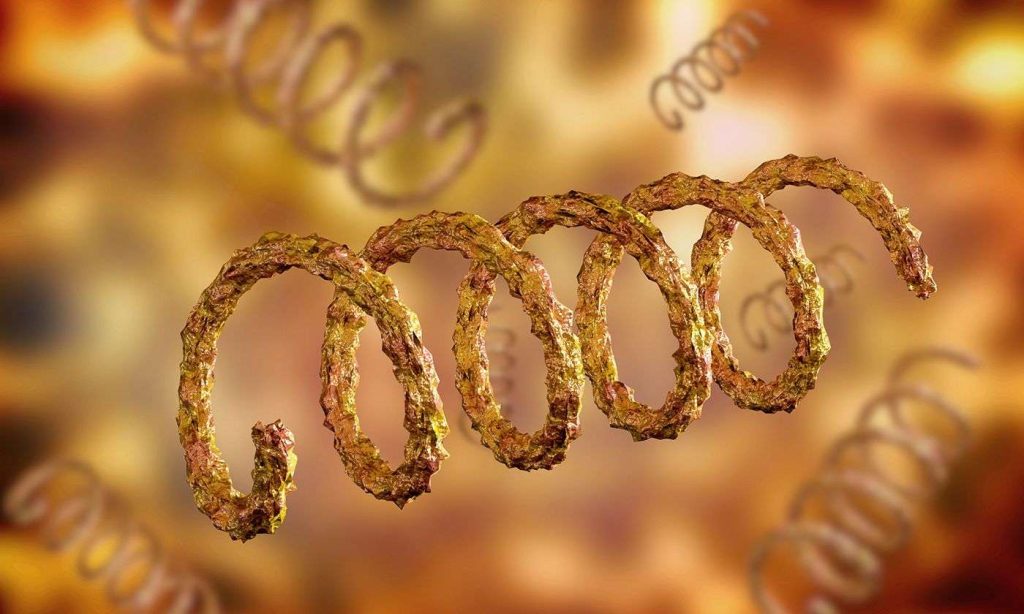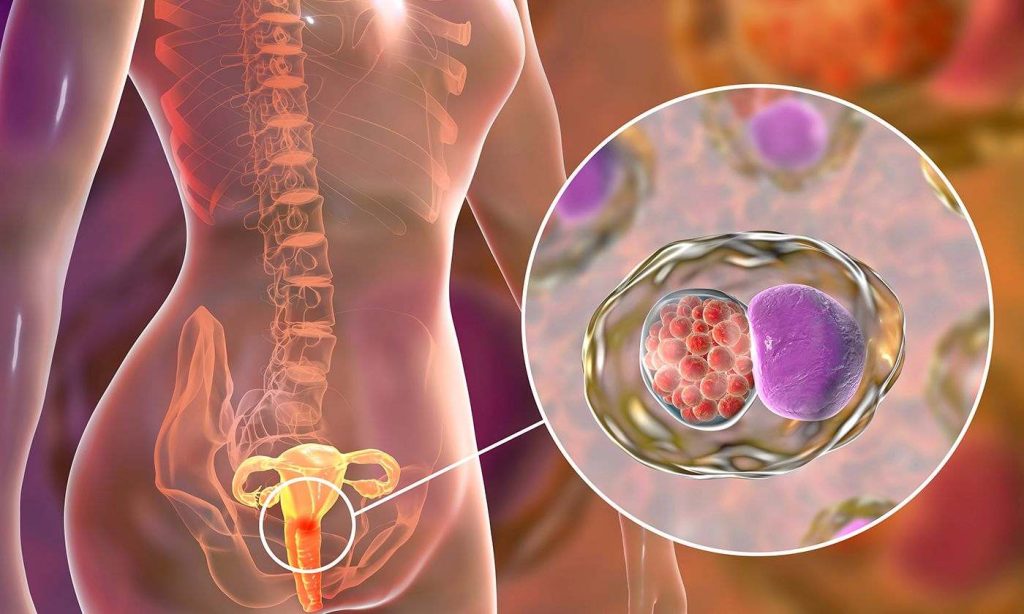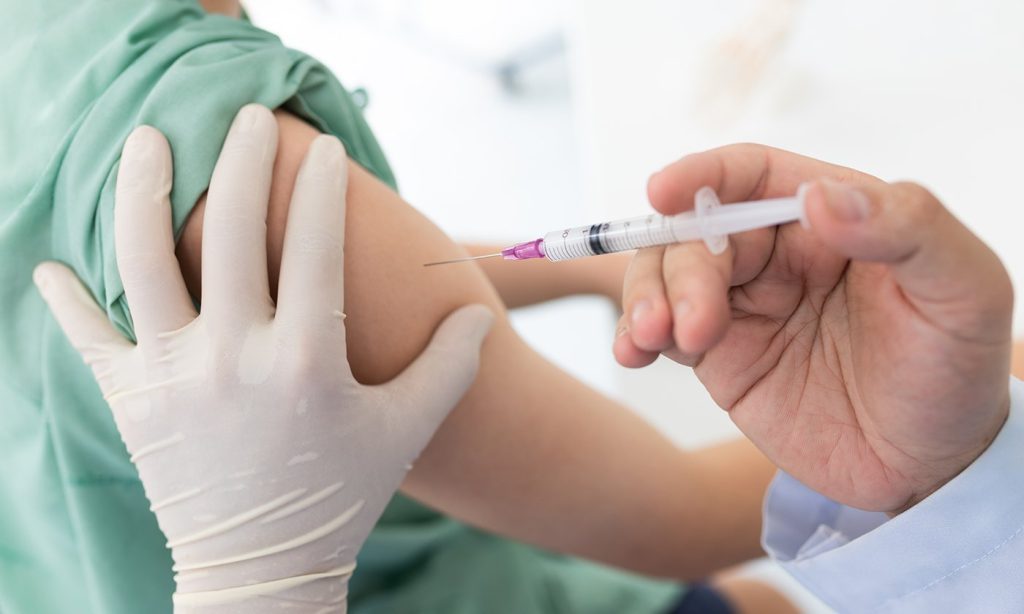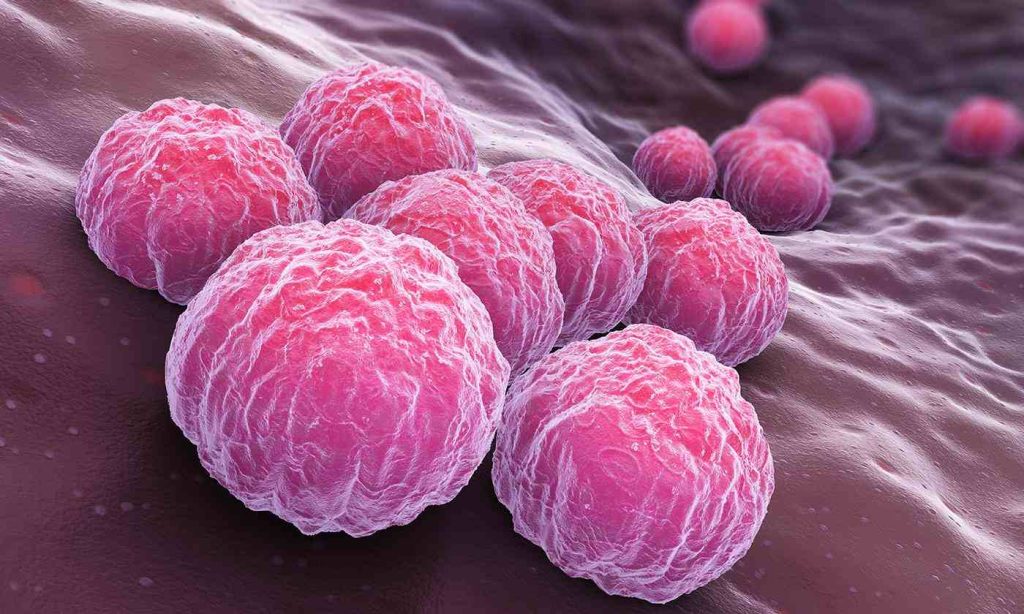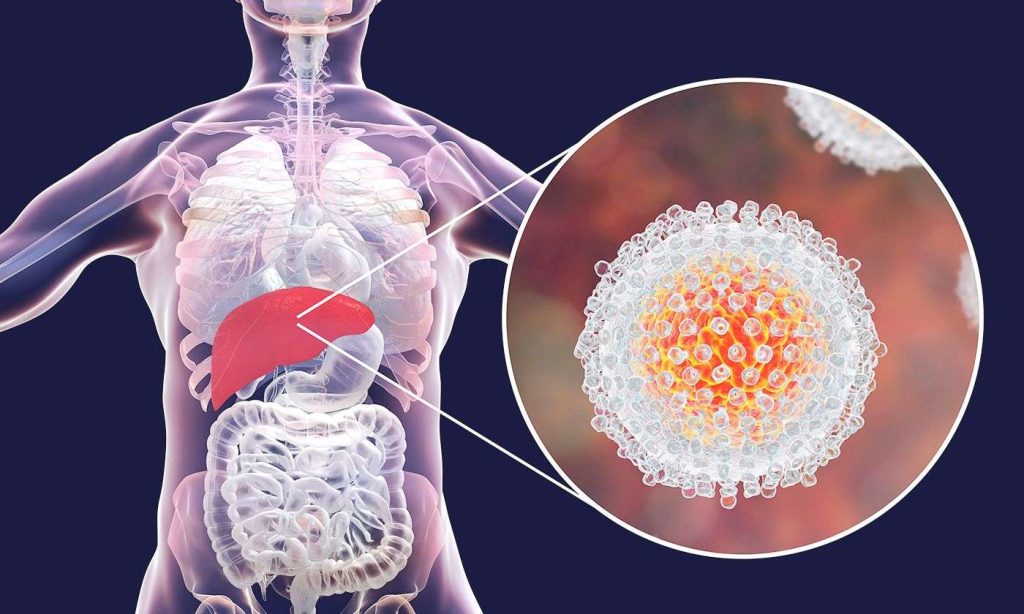What are the symptoms of HIV?
Human immunodeficiency virus (HIV) is a sexually transmitted disease, with three typical stages of infection – acute infection, chronic infection, and acquired immunodeficiency syndrome (AIDS). Symptoms differ depending on the stage of infection. Acute HIV InfectionThe initial phase of acute HIV infection is when HIV is most infectious (1), even though many individuals are unaware […]
What are the symptoms of HIV? Read More »

